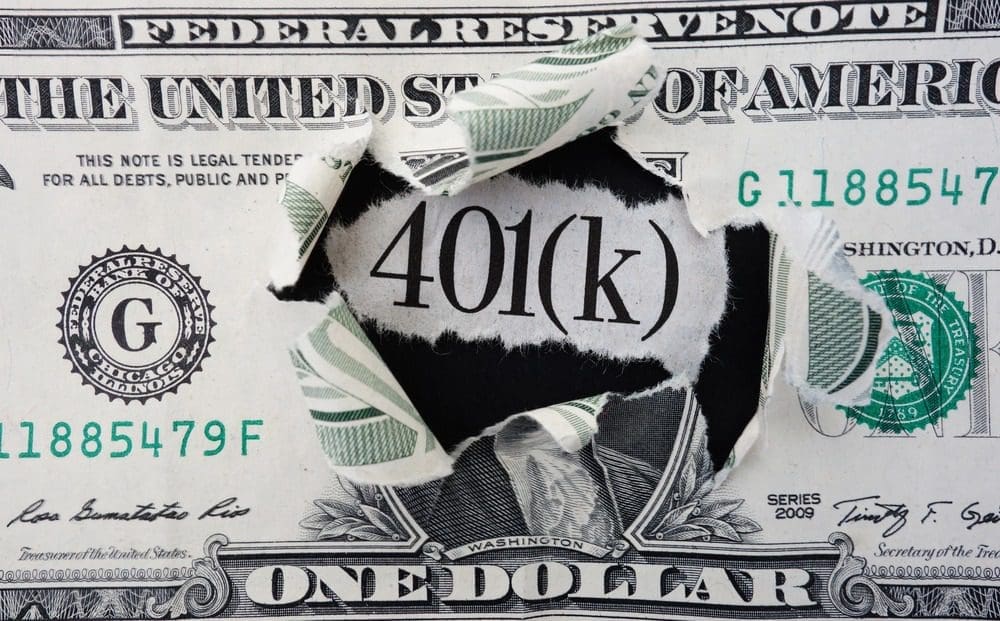
The Trump administration just cracked open the door for crypto in your 401(k) — along with private equity, real estate, and other “alternative” assets — by scrapping Biden-era guidance that told employers to steer clear.
With the chances of Bitcoin hitting $150,000 before January 2026 at 43%, according to predictive market Kalshi, it makes sense to keep an eye on it.
Sounds exciting, right? Here’s the catch: these options come with high fees, low transparency, and volatility that could turn your retirement plan into a retirement hope.
If you think a dash of Bitcoin will let you retire early, you might want to keep that alarm clock set.
The Executive Order

Signed August 7, 2025, it redefines “qualified assets” under ERISA, letting retirement plans consider crypto, private equity, and real estate like any other asset class.
Caution Is Out

The Department of Labor has withdrawn its “extreme care” warning on crypto. Fiduciaries can now treat it like stocks or bonds — but must still act in your best interest.
Don’t Expect It Tomorrow

Even with the rule change, 401(k) crypto access will take months or years. Plans like Fidelity and Vanguard need time to build compliant funds.
Risk, Meet Volatility

Crypto isn’t a guaranteed growth engine. Big swings can wipe out gains, especially if you’re heavy in the asset near retirement.
Fees Eat Gains

Private equity, real estate, and crypto options often have higher management fees, cutting into long-term returns.
Liquidity Lock

Unlike stocks, you can’t easily exit many alternative assets. That matters when markets turn against you.
Small Slice Only

Financial pros suggest keeping crypto allocations tiny — often just 1–2% of a retirement portfolio.
The Psychological Trap

People tend to overestimate upside and underestimate risk — a recipe for late-life financial regret.
Working Longer

Without strong contributions and diversification, you could end up working far past your target retirement age.
Bottom Line

Crypto in your 401(k) is no magic bullet. It’s one tool — but misused, it’s a trap that could delay your golden years into your 80s.

























